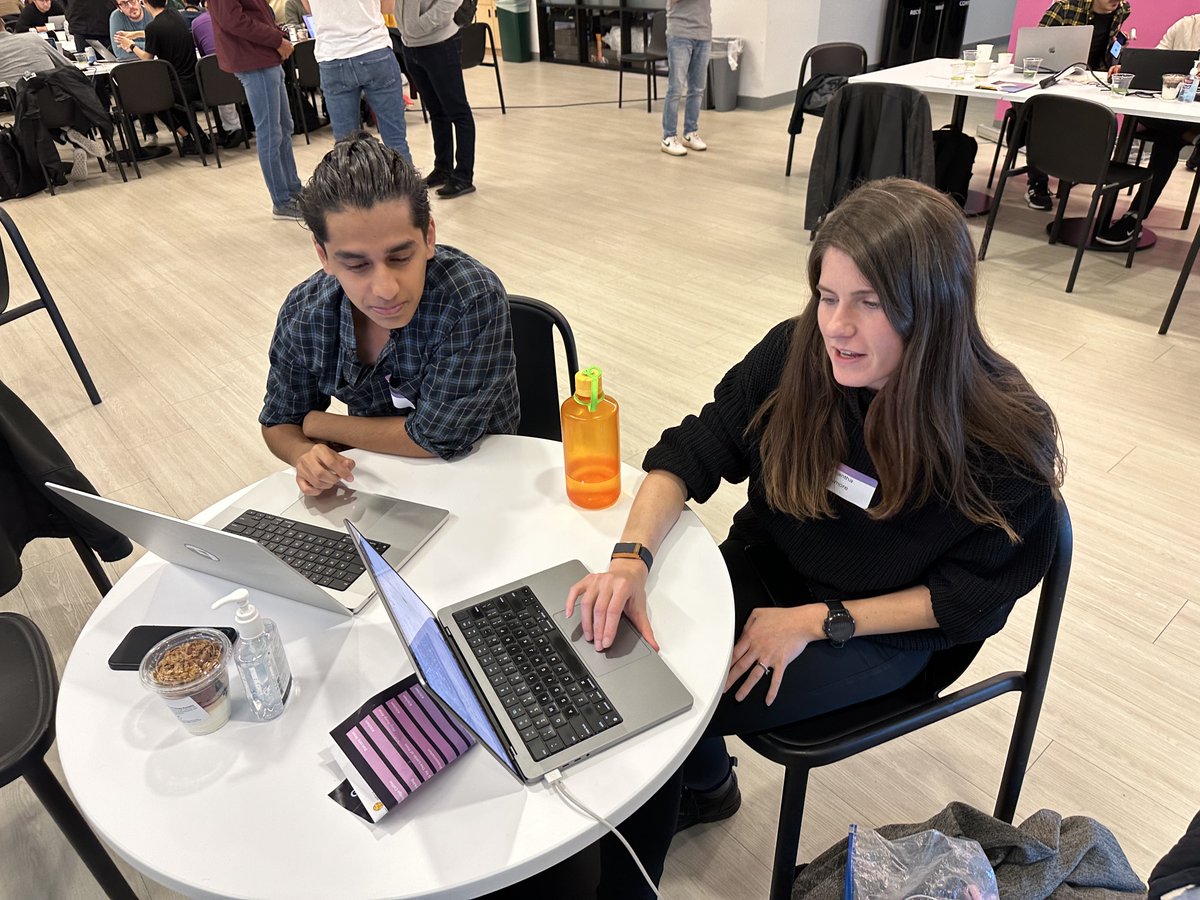Predictions for the future of software engineering:
1/ Models will be extraordinarily good at coding, very soon. Research labs are investing more in coding + reasoning improvements than any other domain for the next model generation. Their efforts will bear fruit.
2/ Why? Besides general AI progress, coding specifically has a unique advantage: potential for superhuman data scaling via “self play”. Models can write code, and then run it. Or write code, write a test, and check for self-consistency.
3/ This type of automatic supervision is not possible in most domains, which are facing data walls in post-training as we approach the limits of human expertise. Code is different—it can be tested empirically & automatically.
4/ As a result, software engineering will look radically different in a few years. True coding agents, which do tasks end to end, will complement today’s AI copilots. The experience will look something like giving every engineer an army of interns.
5/ In this new world, every engineer becomes an engineering manager. You will delegate basic tasks to coding agents, and spend more time on the higher level parts of coding: understanding the requirements, architecting systems, and deciding what to build.
6/ This will lead to an era of unprecedented Software Abundance. Software has historically been difficult and expensive to create. It will soon be 10x more accessible. We will see a proliferation of “single use software”—one-off apps and websites that are only now viable.
7/ There will be way more software engineers in the future than the present. The job will just be very different: more English, less boilerplate coding. Engineers will adjust, like they did for the transition from assembly to Python.
8/ There will also be substantial second order effects for startups, besides the immediate productivity gains.
9/ For one, companies that market to developers will soon start “marketing” to coding agents as well. After all, your agent might decide what cloud you use and which database you choose. Agent-friendly UI/UX (often: a good CLI) will be prioritized.
10/ The bar for product quality will also rise. Half-baked or feature-incomplete MVPs are less acceptable in a world where developers can ship so much faster.
11/ Testing infrastructure will be much more important & prevalent with the rise of coding agents. Both because the coding agents will write more tests, and also because they will depend on these tests to check their work.
12/ Switching costs will decline as a moat for tech companies, as agents make migrations easier. Companies will even start bundling migration-assistant coding agents when you buy their products, to streamline your adoption.
13/ Regardless of the specifics, the macro is clear: there’s never been a better or more productive time to be a builder.
14/ Coda: I’m excited to share that (in no small part, due to these predictions), I’ve joined @cognition_labs to help build Devin. I’ve been here >3 months, and Devin, while still early, is the first true glimpse I’ve seen of what the Software Abundance era could look like.
• • •
Missing some Tweet in this thread? You can try to
force a refresh








